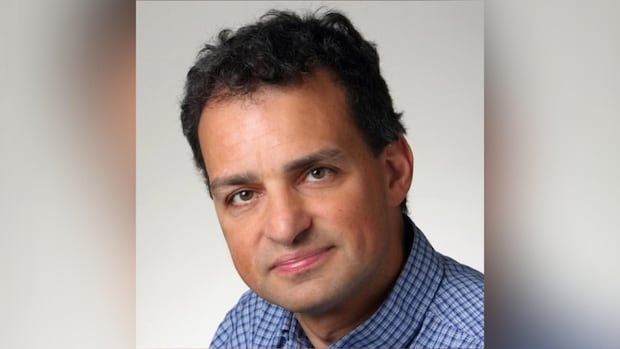‘Do not take a risk:’ Ontario researcher closes the lab after Prime Minister warns to stop testing on dogs

“It’s not just about shutting down labs, it’s about the impact on young researchers and their careers,” Adler said. “Many of these students are just starting out and this kind of threat can have a lasting effect on their future in the field of research.”
He added that the fear of being targeted by the government could deter young scientists from pursuing important research that could benefit both animals and humans.
Adler emphasized that the work being done in his lab was crucial for advancing veterinary care and improving the well-being of animals undergoing medical procedures. He expressed disappointment at having to shut down his lab due to the government’s threats.
As the situation continues to unfold, the future of animal research in Ontario remains uncertain. Researchers like Andy Adler are left grappling with the consequences of political decisions that could impact the progress of scientific innovation in the province.
For now, Adler remains hopeful that he will be able to resume his research in the future and continue his efforts to improve veterinary monitoring technology for the benefit of animals and the veterinary community.
—
The recent actions taken by Ontario Prime Minister Doug Ford to crack down on animal testing in medical research have had a direct impact on the scientific community. Following Ford’s threats to researchers using cats and dogs in studies, Carleton University Canada Research Professor Andy Adler made the difficult decision to close his laboratory.
Professor Adler, who was working on developing improved veterinary monitoring technology, expressed his concerns about the implications of Ford’s statements. Despite reassurances from the university’s research ethical office that his work was non-invasive, Adler felt compelled to shut down his lab out of fear of being targeted by the government.
Ford’s strong stance against animal testing, particularly with dogs and cats, has sent shockwaves through the research community. St. Joseph’s Health Care London immediately ended their research program with dogs after consultation with the province, and there are ongoing discussions about the future of animal-based research in Ontario.
The closure of Adler’s lab highlights the broader impact of Ford’s statements on young researchers and the field of scientific innovation in the province. The fear of government intervention could deter aspiring scientists from pursuing important research that could benefit both animals and humans.
As the scientific community grapples with the uncertainty surrounding animal research in Ontario, researchers like Andy Adler remain hopeful that they will be able to resume their work in the future. The implications of Ford’s actions on the future of medical research and veterinary care in the province are yet to be fully realized.
Exploring the Future of Veterinary Technology
Imagine a dedicated student who has spent four years working towards their doctorate, only to be hesitant about publishing their thesis under their own name. The fear of potential repercussions is now overshadowing their passion for their research.
Adler, a promising researcher in the field of veterinary technology, is facing a similar dilemma. He is considering testing his project outside of Ontario and even contemplating a move abroad to further develop his groundbreaking technology.
The Need for Innovation in Veterinary Medicine
According to Adler, veterinarians currently have access to far less advanced technology compared to their counterparts in human medicine. This disparity has created a growing demand for innovation within the field of veterinary medicine.
As Adler continues to push the boundaries of veterinary technology, his work could potentially revolutionize the way we care for our beloved animal companions. By exploring new frontiers and embracing innovation, veterinarians can provide better care and treatment options for animals in need.
Stay tuned for more updates on Adler’s groundbreaking research and the future of veterinary technology.




